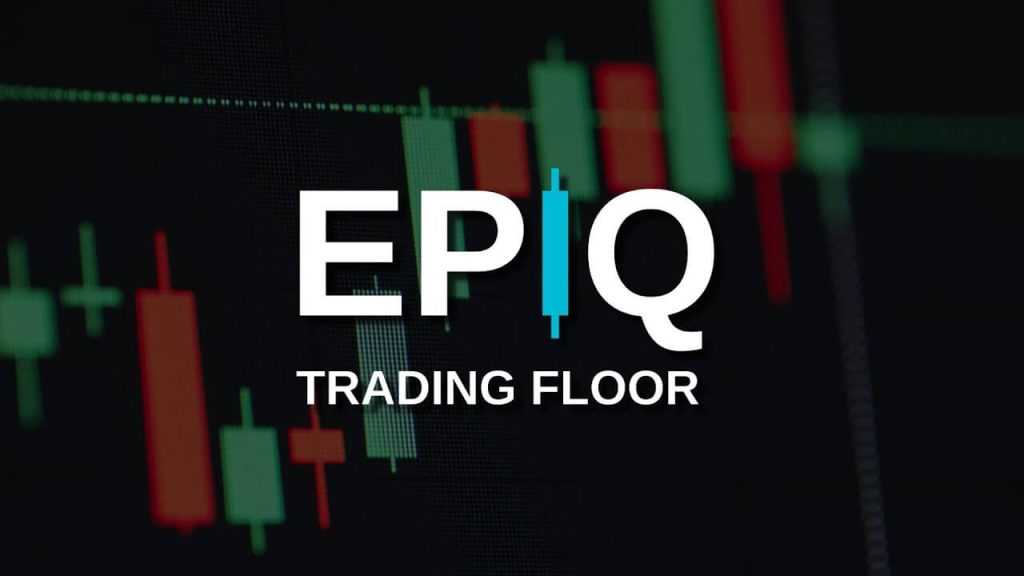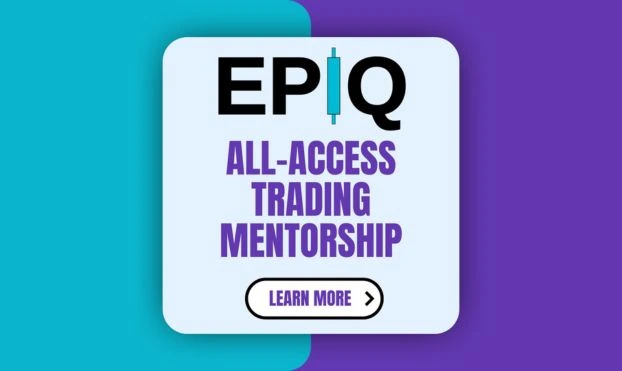Blockchain technology is transforming the financial industry at an unprecedented pace, offering new ways to conduct transactions, store data, and enhance security. This decentralized technology, initially designed to support Bitcoin, has now become a cornerstone for innovation across various sectors, particularly in finance.
In this blog, we’ll explore how blockchain is revolutionizing the financial industry, its key applications, and why it’s poised to redefine traditional systems. We’ll also provide actionable steps to leverage this technology for smarter investments.
What is Blockchain Technology?
At its core, blockchain is a distributed ledger technology (DLT) that records transactions across multiple computers in a secure and transparent manner. Key features include:
- Decentralization: No single entity controls the network.
- Immutability: Once recorded, transactions cannot be altered.
- Transparency: All participants have access to the same data.
These attributes make blockchain a perfect fit for industries like finance, where trust, security, and efficiency are paramount.
How Blockchain is Transforming the Financial Industry
1. Faster and Cheaper Transactions
Traditional banking systems rely on intermediaries to process transactions, resulting in delays and high fees. Blockchain eliminates the need for intermediaries, enabling faster and more cost-effective payments.
- Example: Ripple’s XRP blockchain processes transactions in seconds at a fraction of the cost of traditional wire transfers.
2. Enhanced Security
Blockchain’s cryptographic algorithms ensure data integrity and security, making it nearly impossible for malicious actors to alter transaction records.
3. Financial Inclusion
Blockchain facilitates access to financial services for the unbanked population by eliminating geographical and bureaucratic barriers. According to World Bank, over 1.7 billion people worldwide remain unbanked, and blockchain-based solutions are bridging this gap.
4. Smart Contracts
Smart contracts are self-executing agreements coded on the blockchain. They automate processes like loan approvals, reducing the need for manual intervention and minimizing errors.
- Example: Ethereum’s blockchain enables smart contracts, which are widely used in decentralized finance (DeFi) applications.
5. Tokenization of Assets
Blockchain allows for the tokenization of real-world assets like real estate, art, and stocks, enabling fractional ownership and increased liquidity.
- Example: Platforms like tZERO facilitate the trading of tokenized securities.
6. Improved Supply Chain Financing
Blockchain enhances transparency in supply chain financing by providing real-time data on goods and transactions. This reduces fraud and ensures efficient fund allocation.

Key Applications of Blockchain in Finance
1. Decentralized Finance (DeFi)
DeFi platforms use blockchain to create an open financial system without intermediaries. Applications include:
- Lending and borrowing.
- Yield farming.
- Decentralized exchanges (DEXs).
2. Cross-Border Payments
Blockchain streamlines international money transfers, reducing transaction times from days to seconds.
- Example: Stellar and Ripple are leading networks in cross-border blockchain payments.
3. Anti-Money Laundering (AML)
Blockchain’s transparency allows regulators to trace transactions and identify suspicious activities, improving AML compliance.
4. Stablecoins for Digital Payments
Stablecoins like USDC and DAI offer a stable medium of exchange, combining the benefits of blockchain with price stability.
5. Digital Identity Verification
Blockchain-based digital identities provide a secure way for users to verify their identity without sharing sensitive information.
Challenges to Blockchain Adoption in Finance
Despite its potential, blockchain faces challenges:
- Regulatory Uncertainty: Governments worldwide are still formulating policies for blockchain technology.
- Scalability Issues: Current blockchain networks often struggle with high transaction volumes.
- Energy Consumption: Proof-of-work (PoW) blockchains like Bitcoin require significant energy resources.
How to Leverage Blockchain for Smarter Investments
1. Stay Educated
Understanding blockchain and its financial applications is critical. Follow trusted platforms like EPIQ Trading Floor for educational resources and market insights.
2. Diversify Your Portfolio
Explore blockchain-based assets, including cryptocurrencies, tokenized securities, and DeFi platforms.
3. Use Secure Wallets
Protect your blockchain investments with hardware wallets like Ledger, which offer unmatched security for private keys.
4. Monitor Market Trends
Leverage tools like EPIQ’s crypto macro dashboard to track blockchain innovations and market movements.

How EPIQ Trading Floor Can Help
Navigating the evolving blockchain landscape requires expert tools and guidance. At EPIQ Trading Floor, we offer:
- Real-Time Analytics: Gain insights into blockchain-driven market trends.
- Educational Content: Learn how blockchain technology impacts trading and investing.
- Community Support: Join a network of traders leveraging blockchain for smarter investments.
Start your journey with a 3-day free trial and take advantage of cutting-edge resources to stay ahead in the financial revolution.
Conclusion
Blockchain technology is revolutionizing the financial industry by improving efficiency, enhancing security, and democratizing access to financial services. From DeFi to cross-border payments, its applications are reshaping how we interact with money.
Equip yourself with the knowledge and tools needed to capitalize on blockchain innovation. Join the EPIQ Trading Floor today and unlock your potential in the financial revolution.
Disclaimer: The information provided in this blog is for educational purposes only and does not constitute financial advice. Cryptocurrency trading involves significant risk, and you should consult with a financial advisor before making investment decisions.










Responses